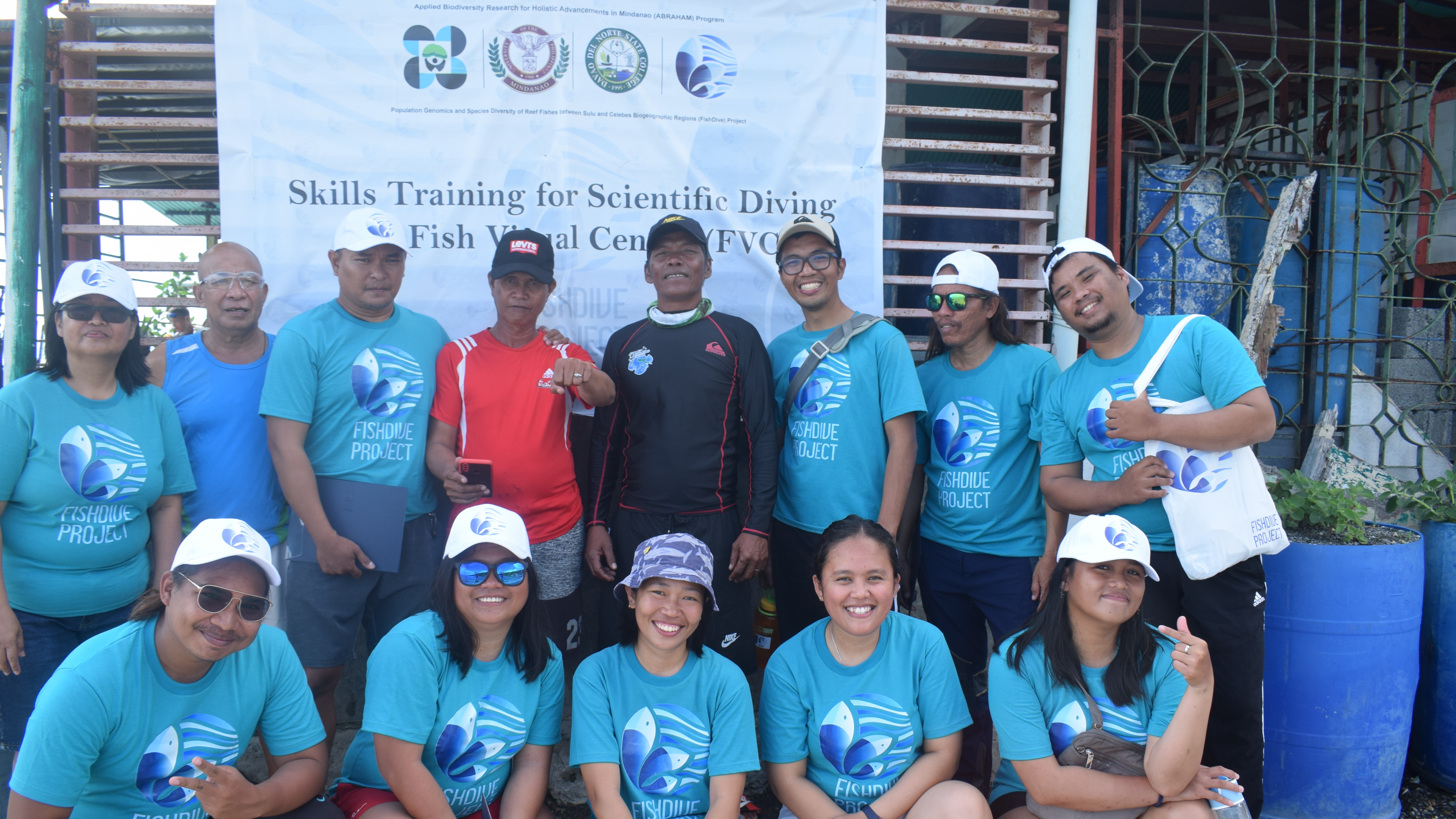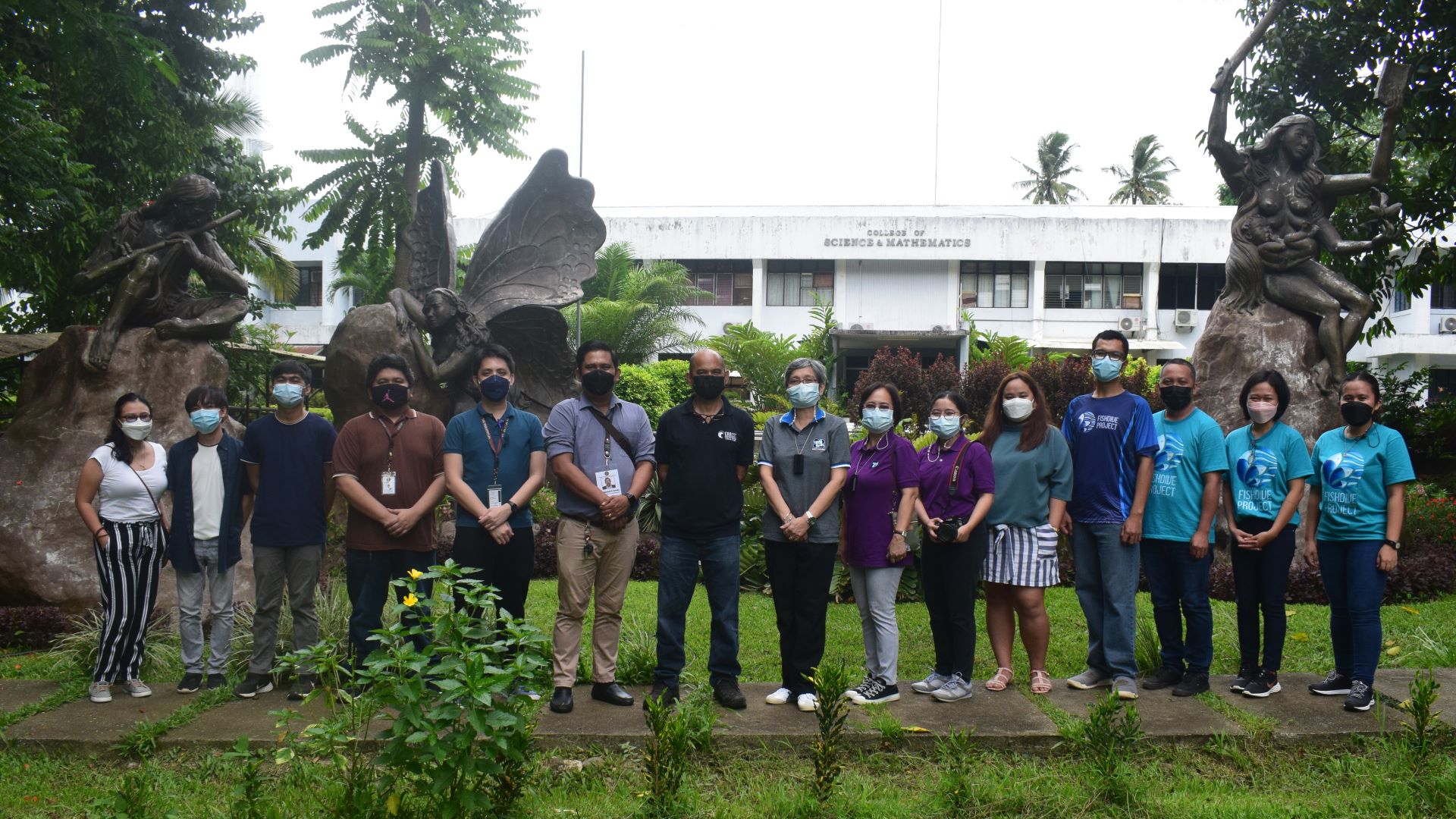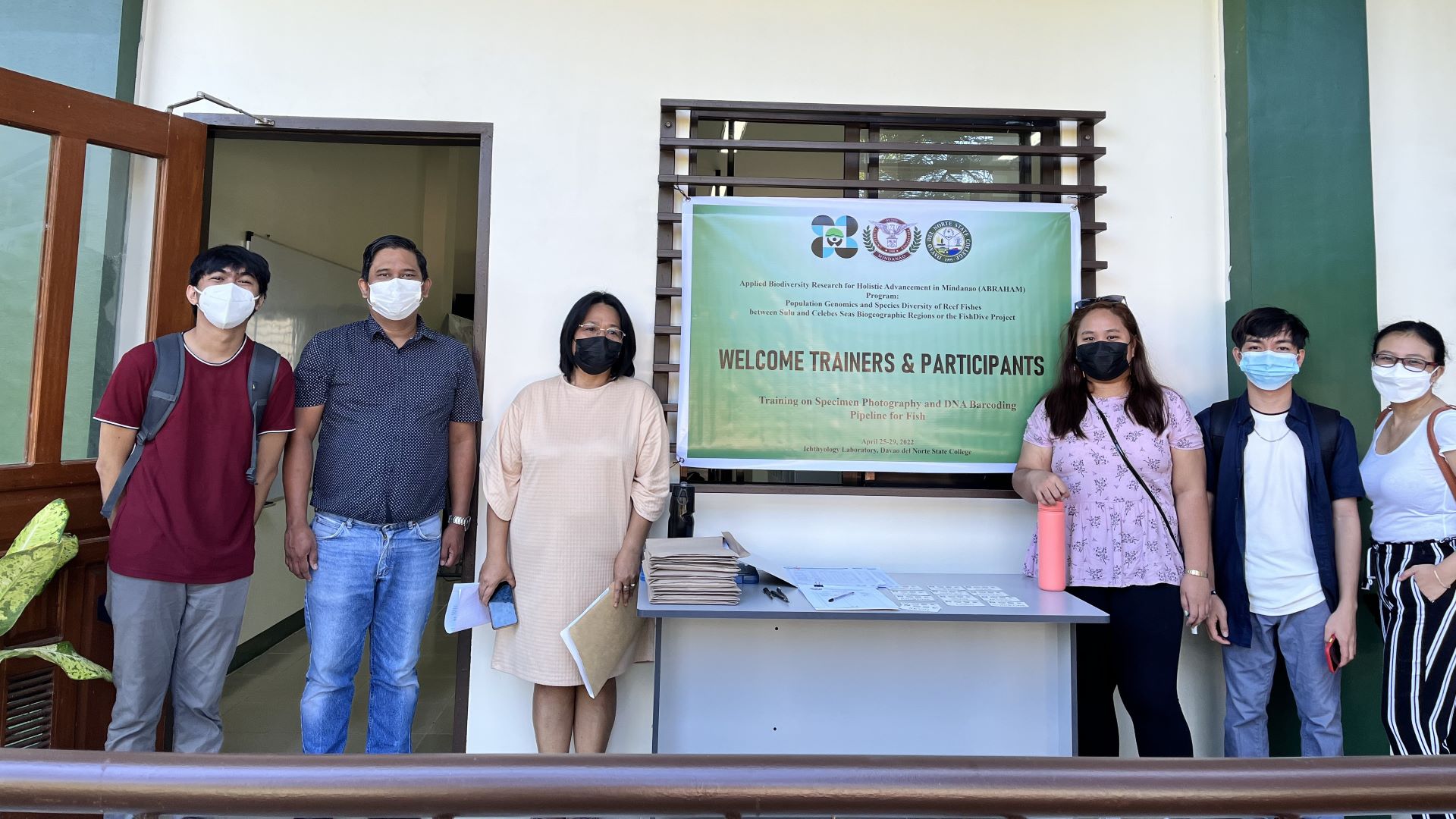
Boosting Marine Research Efforts: JRMSU Participates in MABIDA Capacity-Building Workshop
Written by Irene Faith Makinano
Uploaded on June 26, 2024
Jose Rizal Memorial State University (JRMSU) recently participated in a one-day capacity-building workshop on the Marine Biodiversity Database (MABIDA), organized by the UP Mindanao ABRAHAM MABIDA Project. The event, “Deep Dive into the MABIDA Website,” was held on June 26, 2024, at the CNAHS Audio-Visual Hall, Main Campus, Dapitan City.
The workshop aimed to equip JRMSU faculty members, researchers, and students with the necessary skills to effectively navigate and utilize the MABIDA website, a vital tool for managing and accessing marine biodiversity data. University President Dr. Maria Rio A. Naguit and Dr. Junnasir Sakilan, Chair of the BS Biology Program, actively participated in the training sessions, highlighting the importance of this initiative to the university’s ongoing marine research and conservation projects.
As an institution situated in an archipelagic region renowned for its rich marine ecosystems, JRMSU recognizes the immense value the MABIDA database brings to marine research and conservation efforts. The knowledge gained during the workshop is expected to bolster JRMSU’s engagement in cutting-edge marine science and further its commitment to using advanced technologies for the conservation of marine ecosystems.
This initiative is part of a broader collaborative effort between JRMSU, UP Mindanao, and other partners to strengthen marine biodiversity research across the Philippines. The MABIDA database is poised to become a cornerstone for knowledge-sharing and environmental stewardship, supporting both national and regional conservation efforts.



